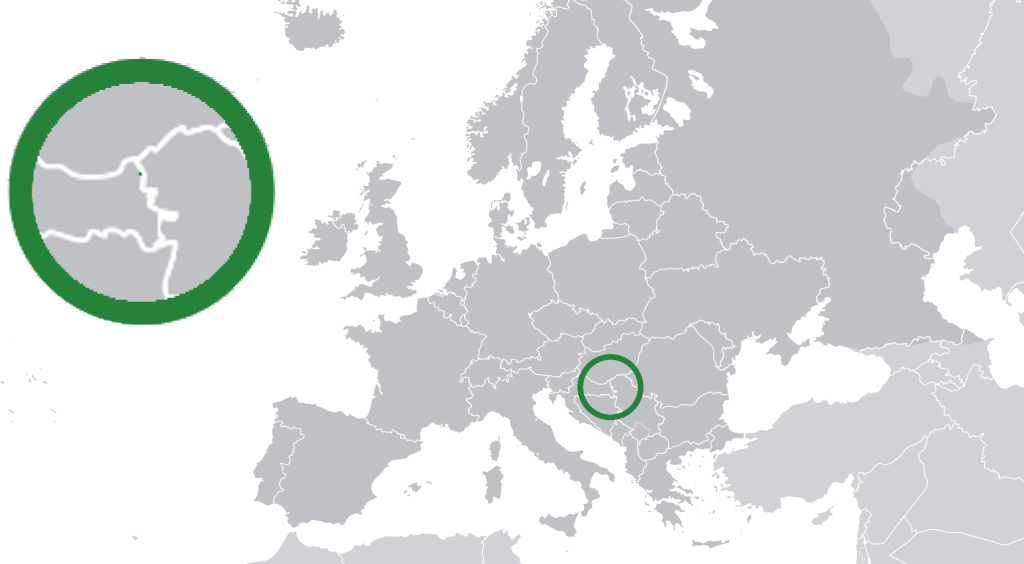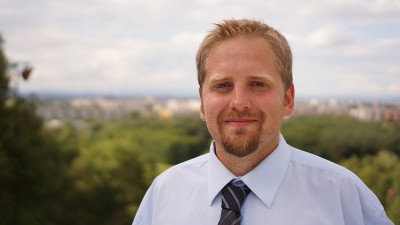On Monday, April 13, 2015, Vit Jedlička, a Czech politician and a liberal economist, put up the flag and established a new sovereign state called Liberland on the territory of former Yugoslavia. On the 7 square kilometers of Terra Nullius claimed by none of its neighbouring countries (Serbia, Croatia) the liberal values shall take reign. And liberalism has never had such media coverage. At least not in the past few years.
Is This Really Happening?
Well, yes, it is. Vít Jedlička established the project on the grounds of the border ambiguities between Croatia and Serbia as a result of the post-war political negotiations and a change of the Danube River meandering. These factors generate seven square kilometers of land between the villages Zmajevac (Croatia) and Monostor (Vojvodina, Serbia). According to Jedlička’s legal interpretation, the land is the Terra Nullius – this Latin phrase means “no man’s land”, i.e. an area that Roman law and international law define as area that does not belong to any state and which is not subject to any ownership or other rights.
The Self-Proclaimed President
And so Jedlička declared himself the president of the Democratic Republic of Liberland. He has promised that the state will fully respect classic liberal values, direct democracy and will abide by the motto “Live and let live”. The constitution and the legislative system are under preparation but Jedlička and his colleagues have already received thousands of emails as well as comments and shares on Facebook. Jedlička himself provided over hundred interviews to both local and foreign media.
The Dawn of Liberalism? Not really…
Recently it seemed that we are facing a libertarian-minded recession, what started becoming a very serious issue. Nonetheless, the Free Republic of Liberland has more than two hundred thousands applications for citizenship from almost 200 countries of the world. Jedlička, a member of the Czech liberal party Strana svobodných občanů (Petr Mach is party’s MP in the EU) known as a strong critic of state interventionism, says: “Politicians always say to me it is not easy to implement my suggestions and that I should try to do it in practice. OK, challenge accepted!”.
What Should We Make of It?
I believe that the establishing of the state is in itself already a great success. Thanks to the great publicity, ideas about individual freedom and a freedom of choice, issues of red taping and bureaucracy, protectionism, negative aspects of taxation or unproductive rent seeking received the coverage and attention of the public like never before.
At this point Jedlička, as the president of a new state, tries to get in contact with officials of other sovereign states to get the official recognition. And, of course, he negotiates with sponsors, investors and future citizens. “It’s a typhoon, I almost don’t sleep. However, citizens are coming together, media coverage is boosting. We will manage it!,“ he states in his last speech at the University of Economics in Prague.




